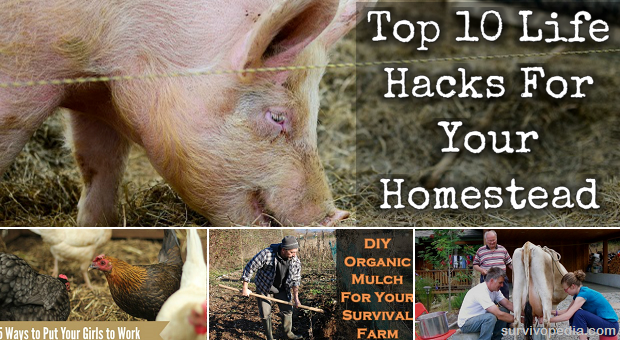
Some of these hacks will help you solve problems that you’ll encounter and some help you to be more efficient. Some are just tips to make your homestead better. Regardless, we hope that you gain some insight from the links to ten life hacks for homesteading.
Your Chickens can Help you Homestead!
Sure, your chickens are good for providing eggs and meat but what if they could help you make fertilizer, clean up your garden and weed your yard? Well guess what – they can. Over at Attainable Sustainable, they have a great article about how to put your chickens to work for you. From helping with compost to fertilizing your plants you’re going to see how those feather-clad ladies can be great farmhands!
Source: Attainable Sustainable
Build a Solid Fence Post with no Digging
{adinserter emp}If you’ve ever built a fence, you most likely know what it’s like to hit rock. Usually, you sigh in resignation and reach for the sledgehammer and bar. It’s back-breaking work and sometimes the post still doesn’t sit right depending on how thick and wide the rock is.
Also, if you’re building a fence in marshy ground, it’s hard to reinforce the corner posts so that they’re strong enough to pull the fence tight. In this article, Codey Sorensen gives you a work-around to build a DIY fence post with no digging.
Quit Getting Kicked by Your Milk Cow
Are you tired of getting kicked by your milk cow, or by losing your hard-earned milk when she boots the bucket over? If so, then we’ve found just the article for you. In 10 Tricks to Stop Your Milk Cow From Kicking, Jill Winger writes an engaging, informative piece that will help you get your milk pail full with less muss and fuss. She also offers some great tips for saving your milk even if Bessy just won’t keep her foot out of the bucket.
Source: The Prairie Homestead
Estimating the Weight of a Hog
Have you ever wondered how much your hog’s weight? Weight is needed for feeding purposes, medication dosages and market price. There are, of course, scales that you can use but putting a hog on a scale is about like trying to put lipstick on one. Fortunately, there’s an easier way.
There’s this great article on Reformation Acres where you’ll learn how to weigh your hog by using just a measuring tape or piece of string and a calculator.
Source: Reformation Acres
Make Your Own Organic Mulch
Fertilizer and store-bought mulch are both expensive. They’re also often packed with chemicals or other toxins that just aren’t desirable in any product that you want on your organic farm. Even if you CAN afford to pay the money to fertilize 3 acres of garden, why should you? All of the products that you need to make organic mulch that is actually superior to store-bought stuff can be found right around the house or in the barn or garden. We have this article that tells you how to make great organic mulch for your survival farm.
Source: Survivopedia
Warm Up Your Spring Soil to Plant Early
It’s a real pain to see that the seeds that you’ve painstakingly started are now growing wonderfully into seedlings and young plants that are ready to go in the ground. Unfortunately, if you live in a place where it’s still cold where you’re at, it may take longer for the soil to warm up.
So what do you do if you have plants ready to go in the ground but soil that’s too cold to plant in? There’s this article on Whole Lifestyle Nutrition’s website where you’ll learn how to thaw your soil in order to plant. It’s full of valuable information that will help you get your soil warm enough to plant so that you can have a wonderful crop in time for Labor Day!
Source: Whole Lifestyle Nutrition
Growing plants isn’t quite as simple as buying them and putting them in the ground. You need to know what the pH is in your soil in order to ensure healthy plants that produce plentifully and thrive throughout the season. Some plants thrive in soils that are slightly alkaline, many prefer soil that is neutral and a few grow and produce best in soil that is a bit acidic.
And another article in our own Survivopedia tells you how to test the soil in your pH so that you can make adjustments to your soil in order to get the best results from each of your plants. Check out Gardening Basics: How To Test Your Soil to learn what you need to do in order to get the best yield from each of your plants.
Source: Survivopedia
Giving Your Soil Superpowers
After you read the article above about how to determine what kind of soil you have, you’re going to need to know what to do to bring your soil up to the pH that it needs to be. Weedem and Reap has a great article about how to adjust your soil so that your plants not only grow and produce but thrive.
The article, titled How to Get Superpowered Soil walks you through how to determine how much sand, silt and clay is in your dirt, then tells you how to naturally bring it to the pH that your plants need.
Source: Weed’em And Reap
How to Kill Squash Bugs and Their Eggs and Nymphs
You’ve worked hard to grow summer squash, pumpkin, winter squash and cucumbers. Your plants are growing well and now you just have to wait for the fruit to appear. Unfortunately, you started noticing squash bugs a few days ago and now you’re really worried. You should be.
Squash bugs and their nymphs can destroy your plants along with any dreams of actually having delicious fall veggies. Reformation Acres has the perfect article to help you get rid of squash bugs called How to Kill Squash Bugs, Squash Bug Eggs and Nymphs. It will walk you through each step that you need to take in order to salvage those beautiful plants.
Source: Reformation Acres
How to Start Seeds in an Egg Carton
Those little peat pods are great for starting seeds because you can just slip in the seed, wait for it to grow, then plant it, pod and all, right into the ground when the young plant is big enough. Unfortunately, they’re a bit pricey and if SHTF, they’re not going to be readily available.
We found a great alternative! Paper egg cartons work wonderfully and this article over at Alesandrini tells you how to start your seeds in paper egg cartons so that they grow into thriving plants.
Source: Alesandrini
Homesteading is tough, especially when you’re first getting started. Cows kick, chickens run amok and plants get eaten by bugs. Fortunately, those that have walked the path before you are generously willing to share their homesteading life hacks so that you may reap the benefits of their experience.
If you have any good hacks to share, please feel free to do so in the comments section below!
This article has been written by Theresa Crouse for Survivopedia.


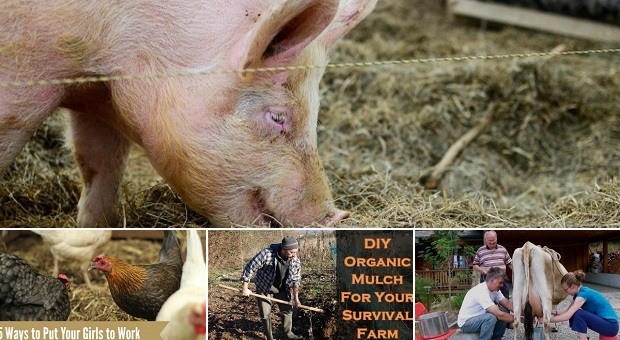

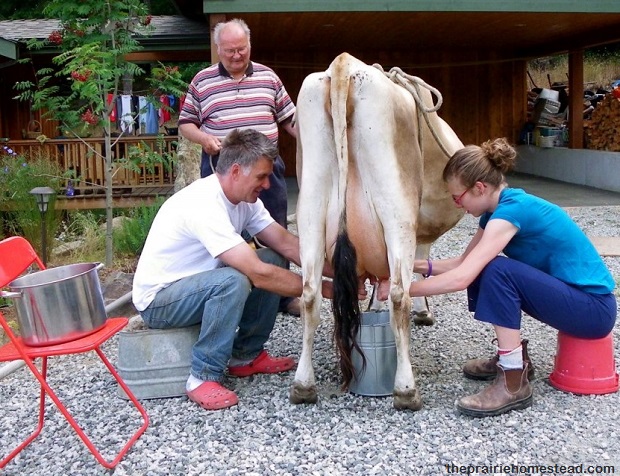
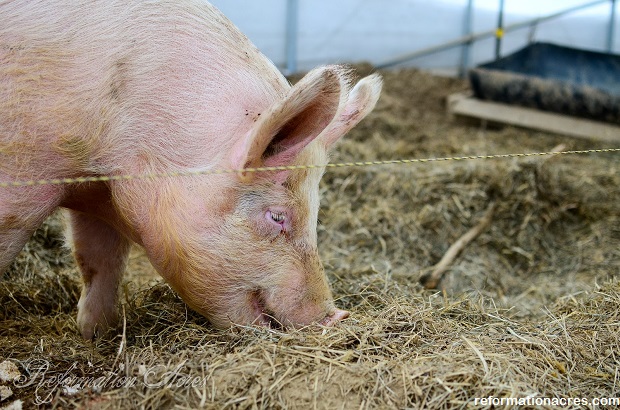
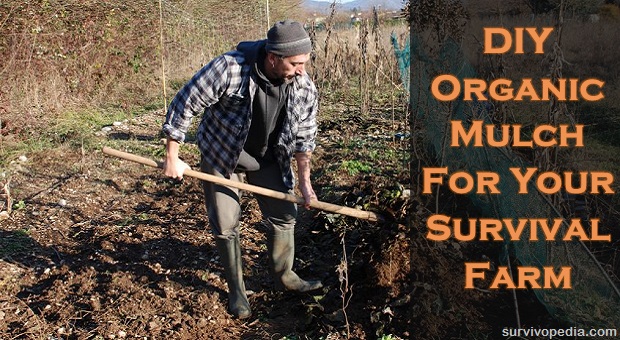
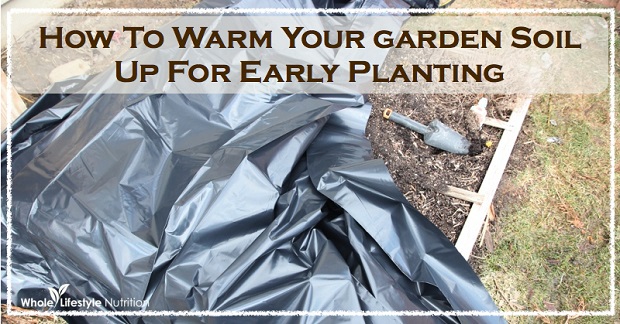
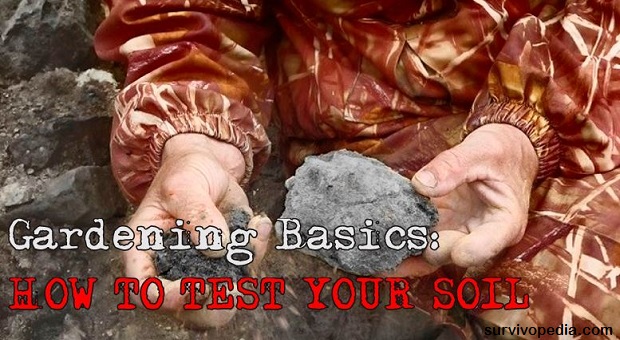
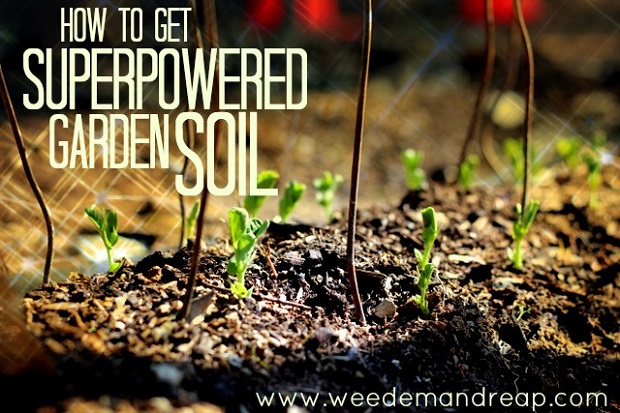
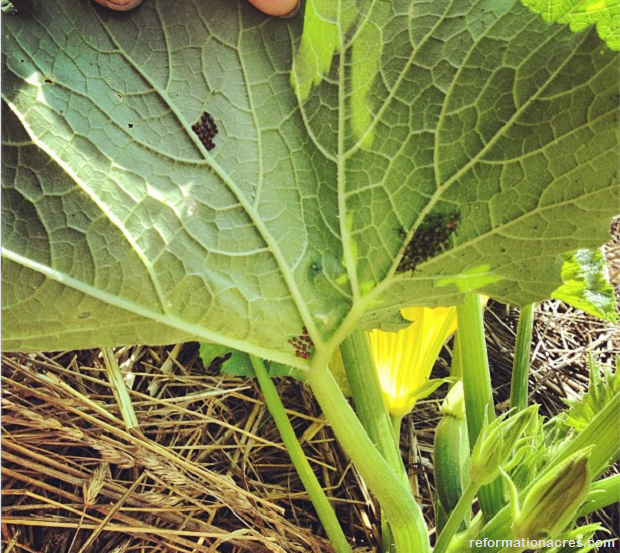
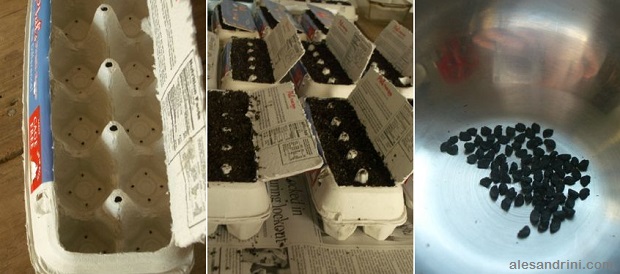

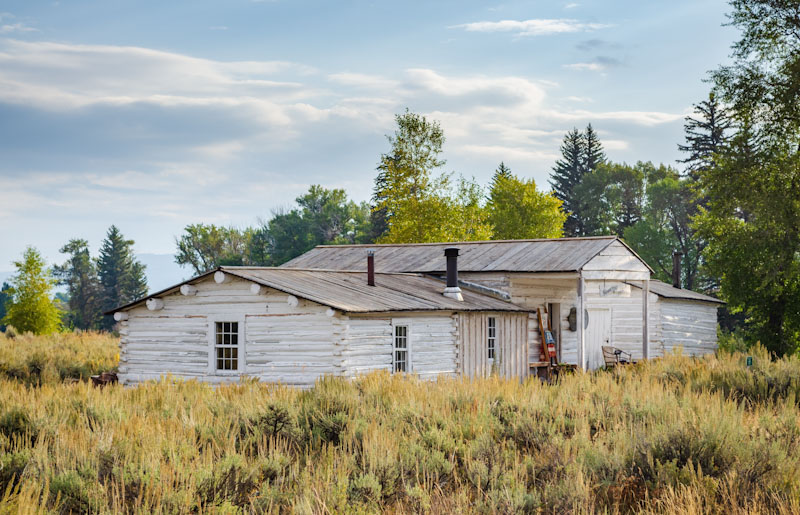
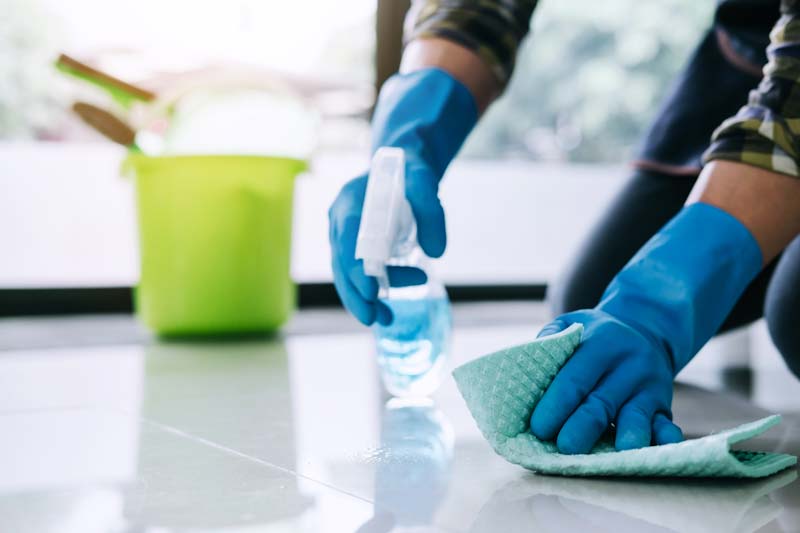
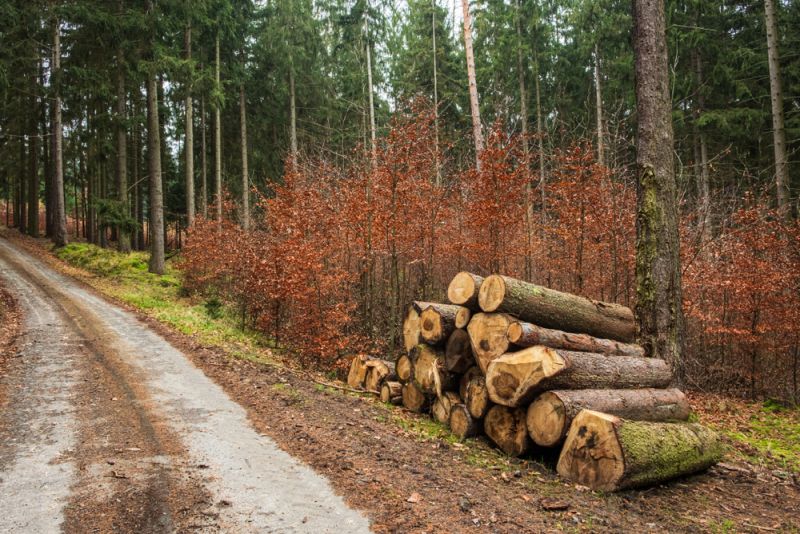
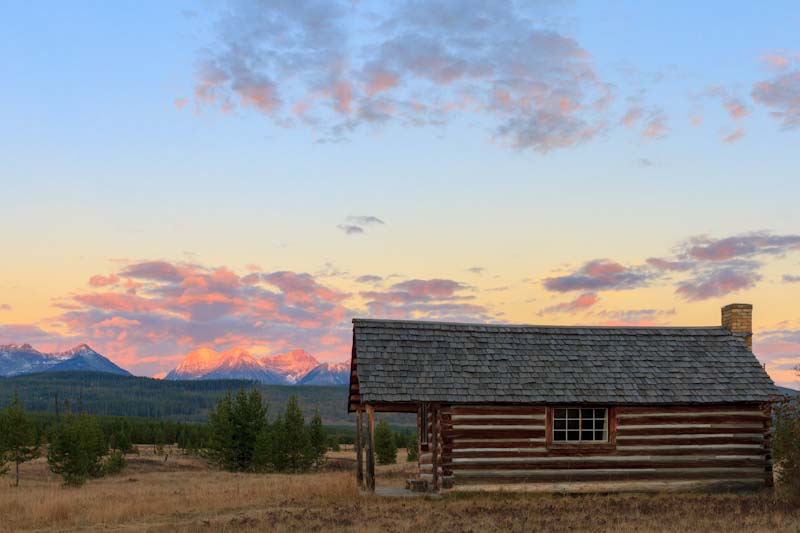


Pingback:Top 10 Life Hacks For Your Homestead | TheSurvivalPlaceBlog | June 1, 2015
|
Pingback:5 Ways To Measure Foods Without A Scale | Survival skills, survival guns, survival guide | August 24, 2015
|